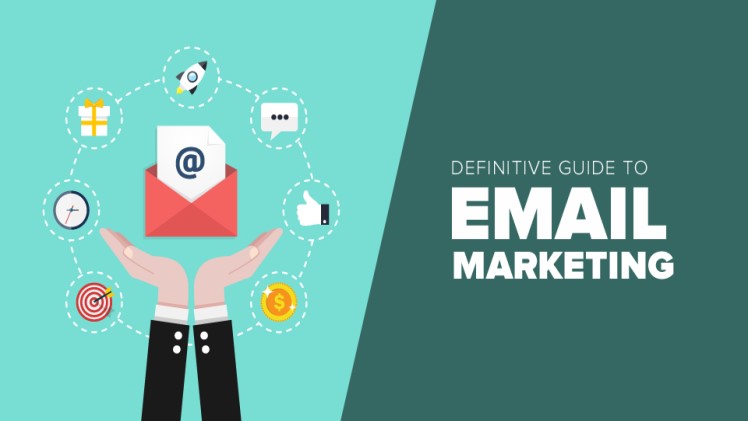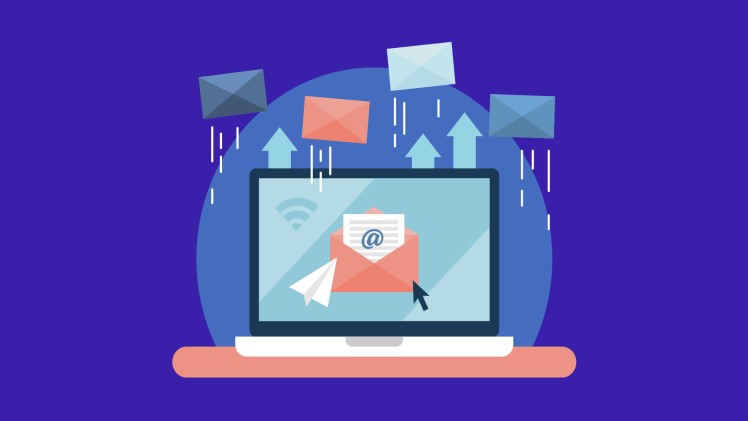Recent years have seen a massive surge in the popularity of email as a medium to supplement or replace traditional mail in DM, to the point where few b2b campaigns (and an increasing number of b2c campaigns) are complete without an email component. There is a good number of reasons for this popularity, such as:
Read more about: f95Zone
◆ Email delivery is around three or four orders of magnitude cheaper than post, plus it is virtually instantaneous.
◆ With email you can tell automatically when a message is opened or an address is defunct.
◆ It is much easier for customers to respond to email, either via a reply-to address or a link to a website.
◆ Emails can also easily be sent to other personal electronic devices, such as personal digital assistants or mobile phones. Given these (and other) benefits, it is a shame that a number of less-thanscrupulous email marketers have spoilt the pitch for the rest of the industry by flooding inboxes around the world with unsolicited commercial email or ‘spam’.
(The common name is thought to have been derived from a Monty Python sketch in which Spam, a meat product, was offered with everything on sale in a café.) If you use a common email platform such as Microsoft Hotmail, you can end up getting several hundred spam emails a week. Even extreme low-grade spam (of which there is an awful lot) is often made to appear legitimate by the inclusion of an ‘unsubscribe’ opt-out link that promises to remove the user from the mailing list their address was found on.
Visit the site: Filmygod
Selecting this option is worse than doing nothing, however; it will either lead to a dead-end link or, more likely, alert the list user to the fact that your email is alive, so your address can be re-sold to other spammers. Given that most people (and companies) pay for their email and internet connections and are wasting both money and time whenever they have to deal with spam, it is not surprising that unsolicited email is a major bane for both targets and the internet and DM industries in general.

Legitimate email marketers usually work with lists where users have specifically stated they want to receive information; these are either built up in-house from an existing customer-base or shared between commercial partners with the express consent of the user.
Read more about: extratorrent

